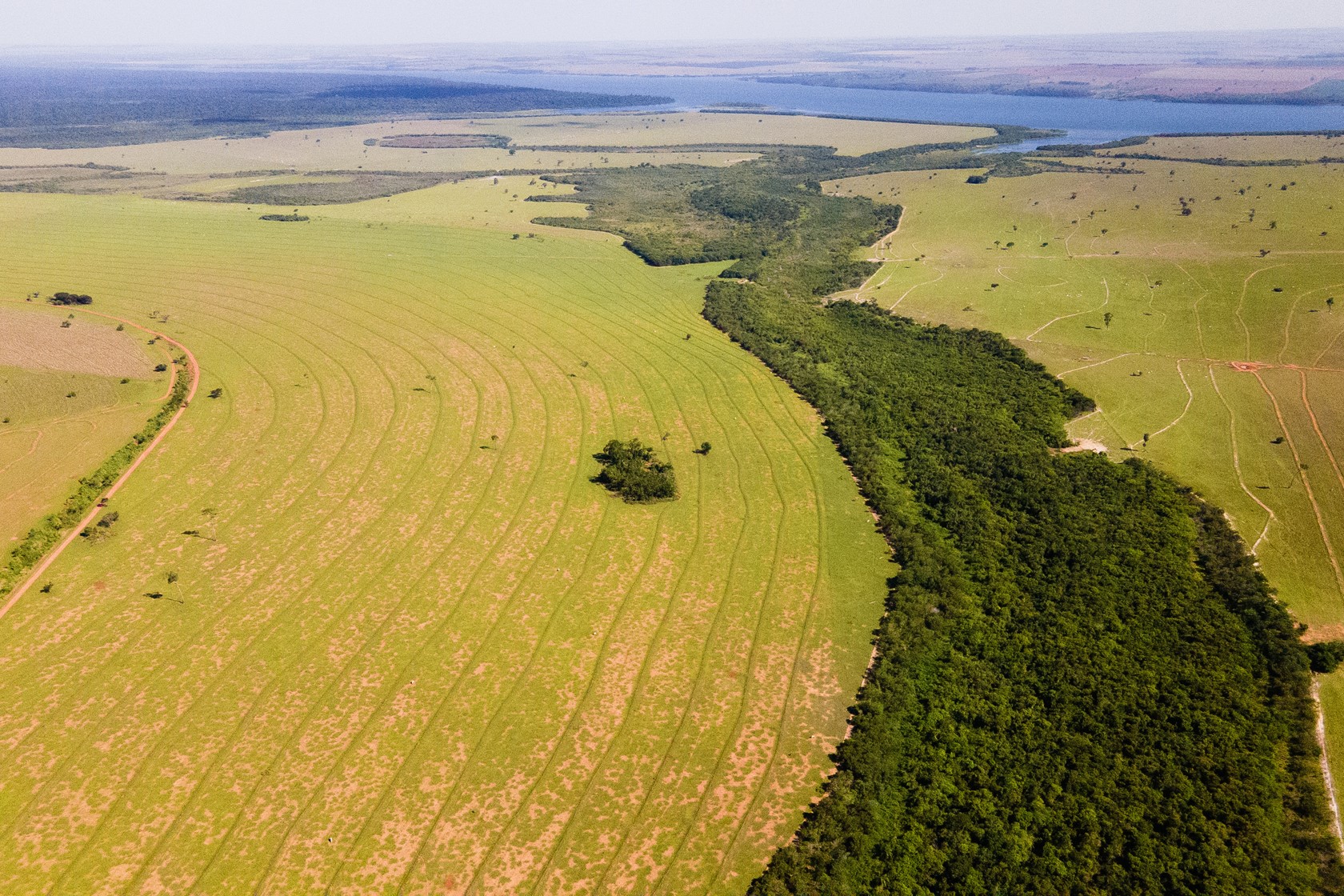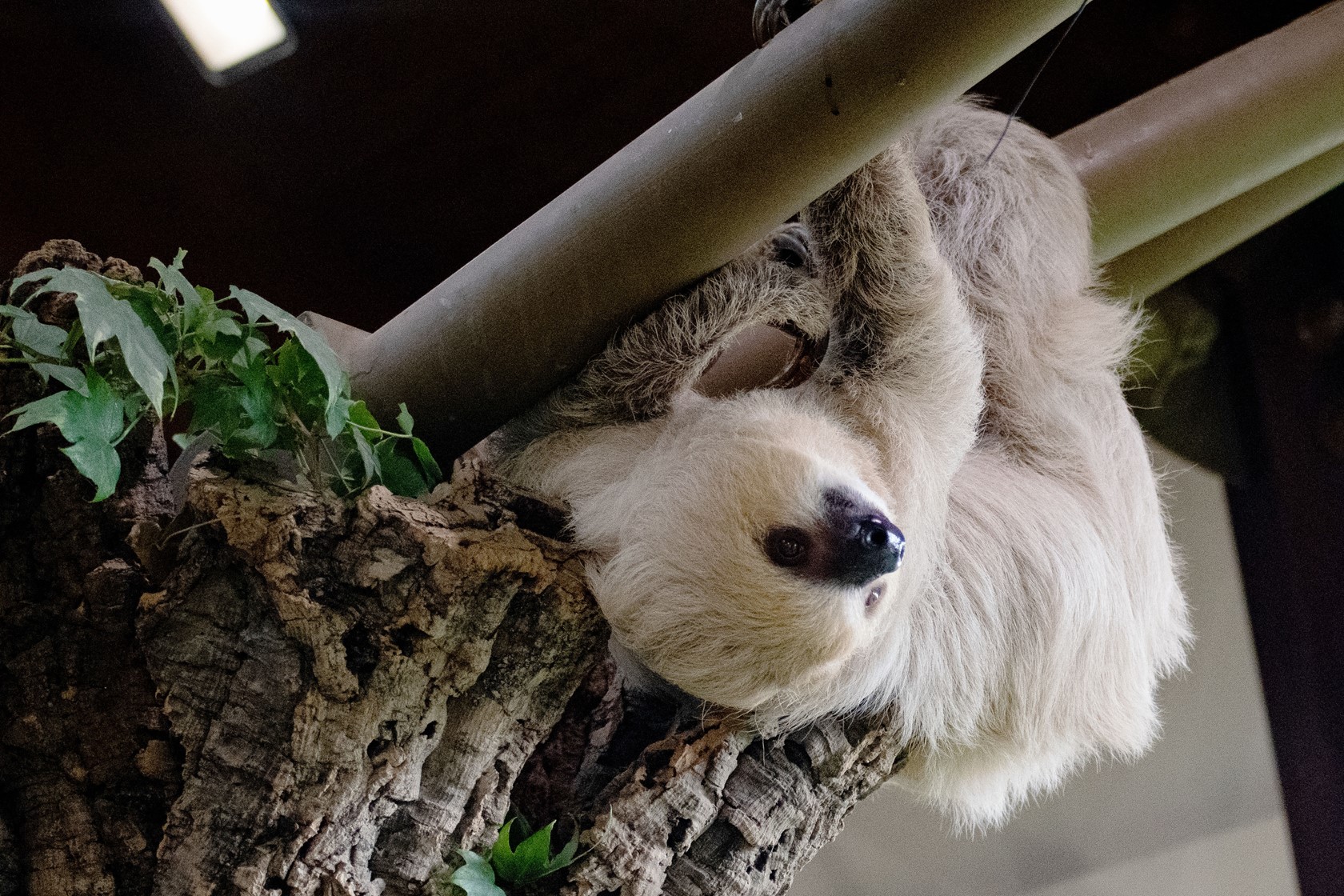Pied Tamarin Conservation work in Brazil
Those are the words of Durrell’s Head of Mammals, Dom Wormell. He’s passionate about conservation and has been at the forefront of the conservation of pied tamarins for decades.
The Brazilian Congress of Primatology has recently recognised his contribution to the conservation of pied tamarins and awarded him a trophy. Dom says he is “hugely honoured” to receive this award on behalf of Durrell.
“We’ve been working with this species for 25 years and to be recognized in this way by the champions of the species on the ground is a great honour.”
Dom recently returned from a trip to Brazil where he was part of a small team from Durrell who facilitated a five-day workshop on conservation and husbandry of marmosets and tamarins, focusing mainly on pied tamarins. Thirty people from across Brazil came together to learn about the husbandry protocols of these species.
Dom and the other facilitators from the Federal University of Manaus and the Brazilian Environment Agency covered topics including diet, stress reduction, social groups and enrichment.
Due to their sensitive nature, Pied tamarins are widely considered as the most difficult of all tamarin species to keep in captivity. But this critically endangered species needs a back-up assurance population in captivity to prevent them from becoming extinct.
Pied tamarins are only found around the ever-expanding city of Manaus. As the city grows, their natural habitat is disappearing. These little monkeys are clinging on to the last remaining fragments of forest that remain.
Their numbers are rapidly declining – so much so that it’s the only tamarin species with a national action plan.
Durrell is recognized as a leading specialist in the husbandry of pied tamarins and the Wildlife Park in Jersey is currently home to 42 of them. In Brazil, there are currently only about 15 in captivity.
Dom says capacity building in a species’ range country is essential.
“It’s the logical progression to use Durrell’s experience and knowledge with pied tamarins to build up the skills and expertise of a core group in Brazil. Through the workshop, we are laying the foundations to have a strong captive population and a strong core group of people committed to the conservation of the species.”
Durrell works closely with a number of Brazilian conservationists, including Diogo Lagroteria, a 2015 graduate of the Durrell Academy’s DESMAN course. A vet, he played a big part in facilitating and organising the recent workshop. Another “local hero” is Marcello Gordo, a professor at the University of Manaus who has been leading the translocation and rescue efforts of the species for years.

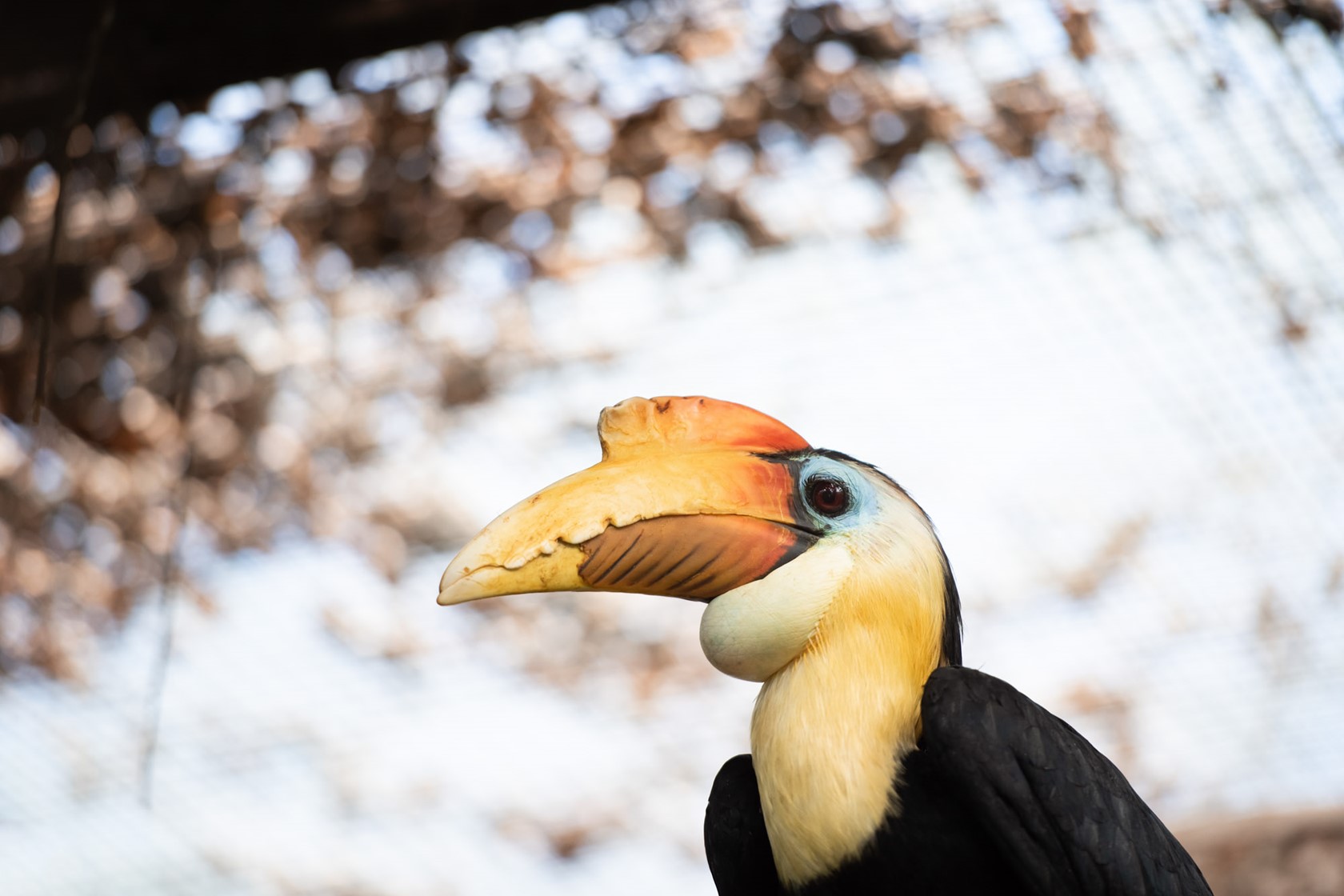
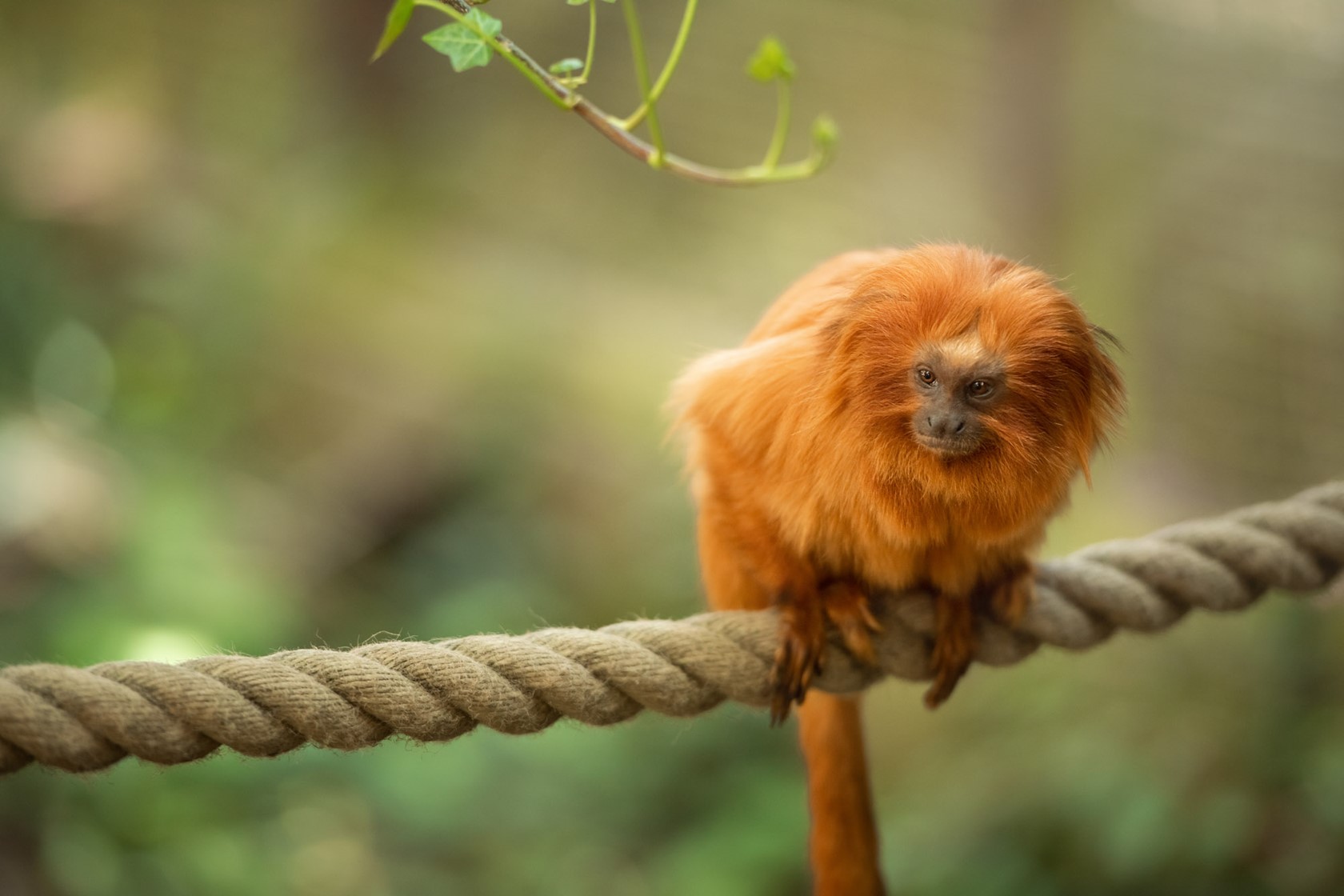
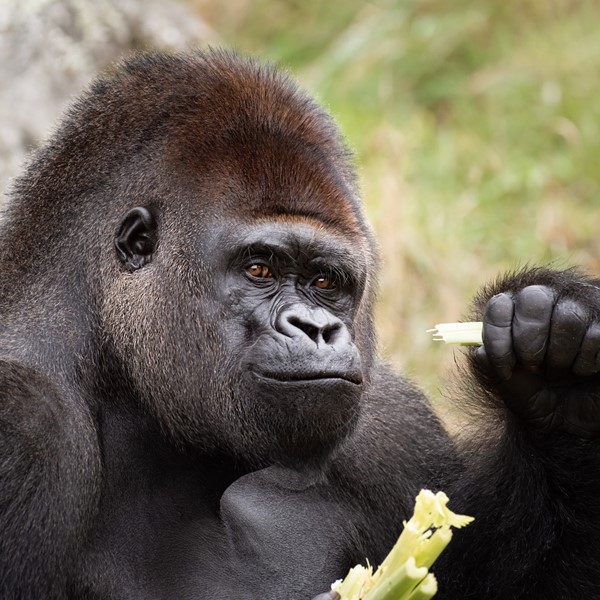 Mammals
Mammals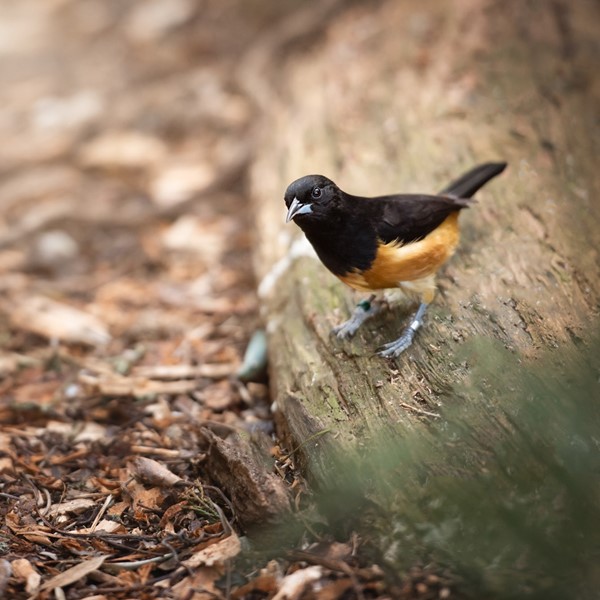 Birds
Birds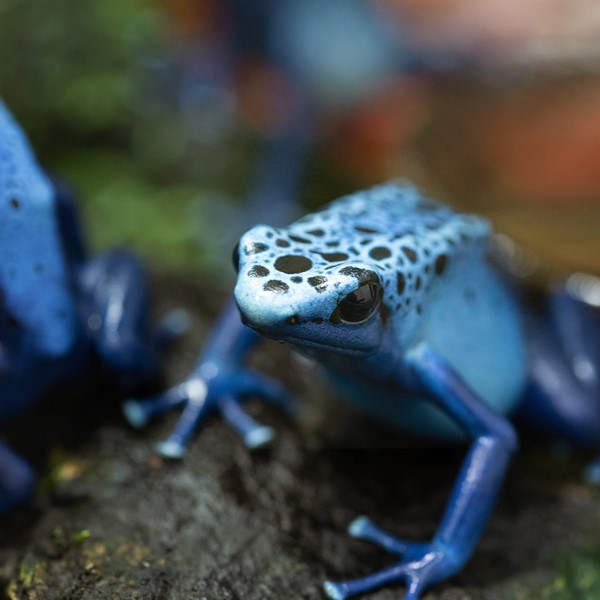 Amphibians
Amphibians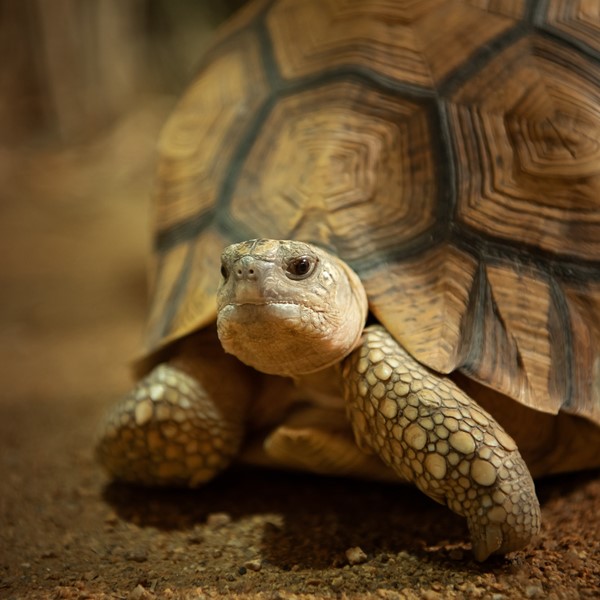 Reptiles
Reptiles

